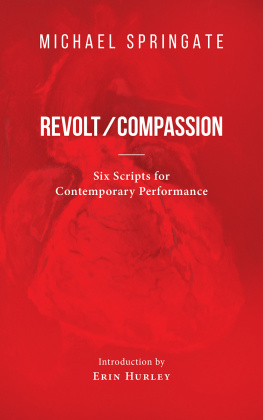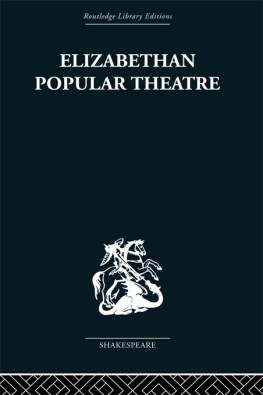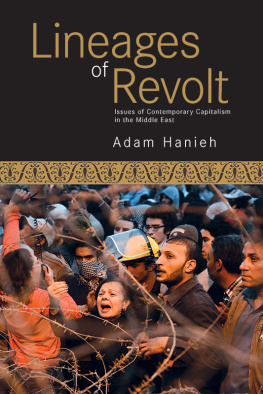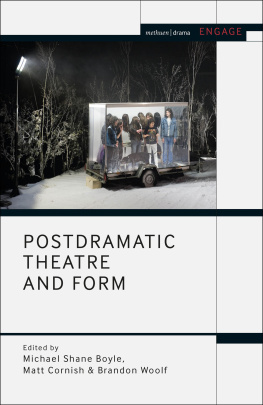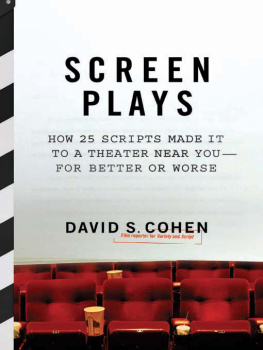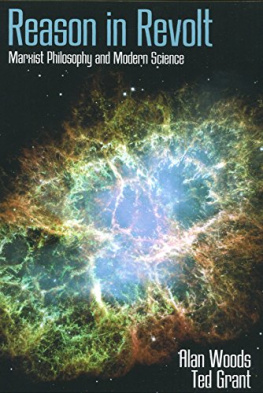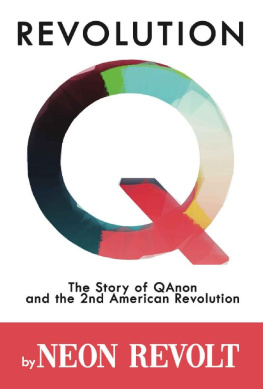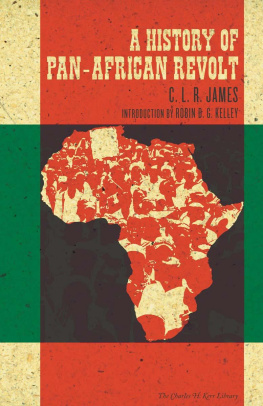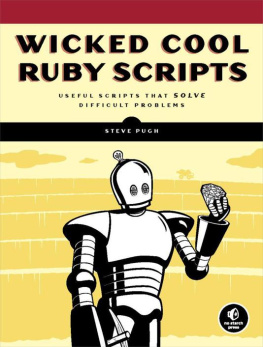REVOLT/COMPASSION
Six Scripts for
Contemporary Performance
ESSENTIAL DRAMA SERIES 37
Guernica Editions Inc. acknowledges the support
of the Canada Council for the Arts and the Ontario Arts Council.
The Ontario Arts Council is an agency of the Government of Ontario.
We acknowledge the financial support of the Government of Canada.
MICHAEL SPRINGATE
REVOLT/COMPASSION
Six Scripts for
Contemporary Performance
Copyright 2019, Michael Springate and Guernica Editions Inc.
All rights reserved. The use of any part of this publication, reproduced, transmitted in any form or by any means, electronic, mechanical, photocopying, recording or otherwise stored in a retrieval system, without the prior consent of the publisher is an infringement of the copyright law.
Michael Mirolla, editor
Interior and cover design: Rafael Chimicatti
Guernica Editions Inc.
1569 Heritage Way, Oakville, (ON), Canada L6M 2Z7
2250 Military Road, Tonawanda, N.Y. 14150-6000 U.S.A.
www.guernicaeditions.com
Distributors:
University of Toronto Press Distribution,
5201 Dufferin Street, Toronto (ON), Canada M3H 5T8
Gazelle Book Services, White Cross Mills
High Town, Lancaster LA1 4XS U.K.
First edition.
Printed in Canada.
Legal DepositFirst Quarter
Library of Congress Catalog Card Number: 2018964199
Library and Archives Canada Cataloguing in Publication
Springate, Michael, 1952
[Plays. Selections]
Revolt/compassion : six scripts for contemporary performance / Michael Springate.
(Essential drama series ; 37)
Plays.
Issued in print and electronic formats.
ISBN 978-1-77183-396-7 (softcover).--ISBN 978-1-77183-397-4 (EPUB).-
ISBN 978-1-77183-398-1 (Kindle)
I. Title. II. Title: Six scripts for contemporary performance.
PS8587.P74A6 2019 | C812.54 | C2018-906500-1 |
C2018-906501-X |
This collection is dedicated to Don Kugler, with thanks.
The difficulty, my friends, is not in avoiding death,
but in avoiding unrighteousness; for that runs deeper than death.
Socrates
CONTENTS
INTRODUCTION
THE FIRST PRESS-MENTION of Michael Springate is a 1971 Globe and Mail profile of Anglophones in Quebec City. Springate is identified as the most articulate socialist of the group of young people, whose on-going access to Quebecois culture and leftist politics distinguish them from the middle-aged cohort of interviewees. His interest in language, culture, and progressive politics remain and are on view in this collection. But as important in this sketch is the particular perspective that having Quebec roots has afforded him.
As a member of a linguistic minority within a minority-language province that borders the United States, Springate explores the vantage point of the non-dominant, secondary, or simply atypical player whose very position on the sidelines of the main event grants them insight into the workings of domination. Perched beside an English-speaking world power yet partially insulated from it thanks to the French language and Quebecs cultural protectionism, Quebec Anglophones occupy a kind of insider-outsider position with respect to francophone Quebec, to a predominantly Anglophone Canada, and to the United States. And Springate has paid particular attention to the workings of History, its drivers, clashes, and outcomes, from his second-row seat. Small nations and second-tier states recur in his oeuvre Ukraine, Korea, Quebec where their non-dominant relations to grand historical narratives are presented with insight and sympathy.
As a speaker of two languages and an apprentice to a range of others, Springate also believes that language is a profoundly social phenomenon populations agree over time through various kinds of learning and in different circumstances on common understandings and usages of words. This openness of language to reformulation, its elaboration through usage is, of course, one of the riches of linguistic expression, especially for creative writers. Listen to how The American Friend of Kt interrogates the warring meanings of innocence and guilt in relation to strategy and design in a time of war, for instance:
It used to bother me that I had killed the innocent
as well as the guilty. It doesnt bother me anymore.
Not that. Ive thought more deeply about it. Its only
a conceit to pretend that theres a real distinction. []
Its our strategic goals which determine guilt
or innocence. It took me a while to understand that.
As the example of Kt also shows, the power of language to reify can lead to profound misunderstandings of the situation being discussed, and cause great harm and alienation.
The gulf between the idea and its linguistic expression is represented in Historical Bliss, when the Man cannot make his actions match the verbal directions provided him. The reifying potency of words is examined in Dog and Crow through the demagoguery of Italys fascist leader, Benito Mussolini; for instance, when his mistress, Claretta Petacci, urges him to tear up the 1939 Pact of Friendship and Alliance between Germany and Italy, insisting: Its only words, he replies:
It isnt words. No! Not delicate ink stains.
Geography! Land! If you can read the map
you can read the future. Theres a straight line
between Berlin and Rome and around this Axis
the continent spins.
He confuses, willingly, the model for the reality the map for the territory. In Freeport, Texas, the danger of misrecognizing how language works is laid bare at a more intimate level: A young womans discourse concerning independence becomes an obstacle to her self-understanding; here, language alienates her from her own experience and sense of self.
Springate contends: All good theatre is anti-language, and works hard to fight the reification at which language excels. And so, in his creative practice Springate has seemed to follow two connected paths: a rigorous pursuit of the expressive potentials and pitfalls of linguistic expression, and a turn to other arts for their ways of navigating the movement from idea or concept to its full expression. In these integrated, simultaneous efforts, Springates oeuvre queries the roots of theatre, innovates at the level of form, and offers clear purposes for this performing art.
Language
Each of the pieces in this volume are writerly plays. Intentionally fashioned, precise in their diction, and allusive in their references, these plays ask for the readers collaboration. Readers are not simple receivers of the scripts pre-determined or encoded meanings; rather, they must find their way in, are encouraged to change perspective, and participate in the interpretation of the text. In large part because of Springates consciously crafted use of language, when reading his history plays, I have the sense of time expanding. These six scripts for contemporary performance command my full attention. Their poetry by which I mean the considered arrangement of the words, the shape of the text on the page, the accretion of meaning across the play, its solicitation of the readers increased awareness activates the senses without necessarily dictating where they should take me or what I should make of them. I listen for cadence and resonance and other shapes of sound. The images they conjure and the sensations they effect slow time through a process of immersion. Im in.

